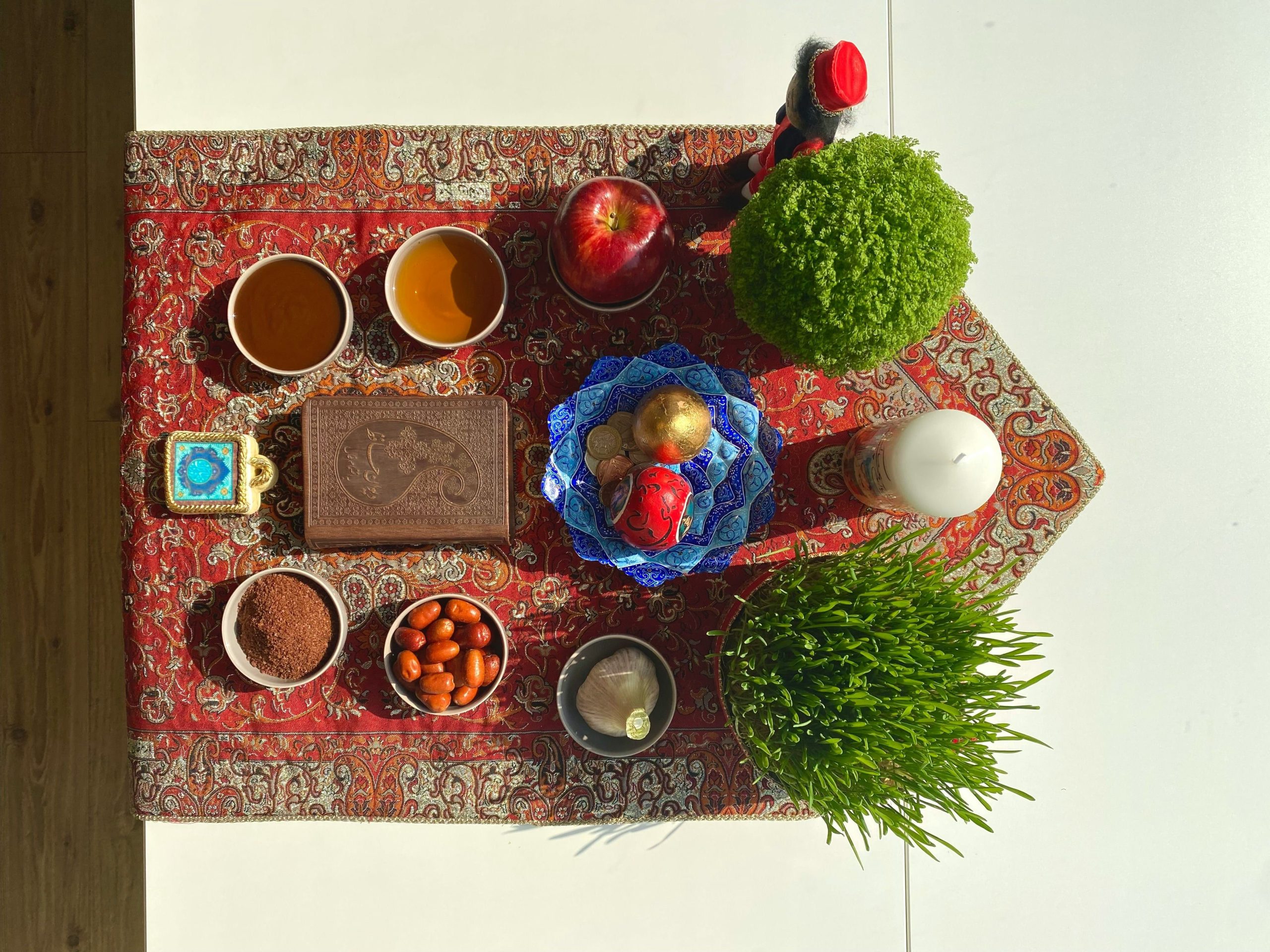Language Services Direct Team
Nowruz is more than just the start of a new year. It is a festival rooted in history, culture and the spirit of renewal. Observed on 21 March, it marks the arrival of spring and is celebrated by millions across the Middle East, Central Asia and beyond. This ancient tradition, believed to be over three thousand years old, is a time for families to come together, honour the past and welcome the future with hope and positivity.
Nowruz, meaning “new day” in Persian, has its origins in Zoroastrianism and has been celebrated for centuries as a festival of rebirth. It is based on the solar calendar and begins at the exact moment of the vernal equinox, symbolising balance, harmony and a fresh start. While Nowruz is deeply tied to Iranian culture, it is also widely observed in countries such as Afghanistan, Azerbaijan, Turkey, Uzbekistan, and parts of the Balkans. Each region adds its own customs to the celebration, but the essence of Nowruz remains the same.
One of the most recognisable aspects of Nowruz is the Haft-Seen table, a beautifully arranged setting with seven symbolic items, each beginning with the Persian letter ‘S’. These include:
Families also engage in spring cleaning known as Khaneh Tekani, which means “shaking the house” to rid themselves of old energy and welcome the new. The festival concludes with Sizdah Bedar, a day spent outdoors to embrace nature and bid farewell to the Nowruz period.

Though rooted in Persian heritage, Nowruz is recognised worldwide and has been designated as an Intangible Cultural Heritage of Humanity by UNESCO. Many diaspora communities uphold these traditions, ensuring that the spirit of Nowruz is carried forward across generations. Public festivities, music, dance and feasts featuring dishes like Sabzi Polo (herbed rice with fish) and Ash Reshteh (a Persian noodle soup) make this a truly joyful occasion.
Nowruz is a time of reflection, renewal and optimism. It reminds us of the importance of unity, culture and embracing change with an open heart. Whether you celebrate with a grand feast or a simple moment of gratitude, the essence of Nowruz lies in welcoming new beginnings with positivity.
For those looking to broaden their understanding of different cultures and languages, Language Services Direct offers expert language training to help you connect with diverse traditions. Explore our courses and start your learning journey today.
What is the meaning of Nowruz?
Nowruz means “new day” in Persian and marks the beginning of the Persian New Year. It is celebrated on the vernal equinox, symbolising renewal and the arrival of spring.
How do people celebrate Nowruz?
People celebrate by setting up a Haft-Seen table, cleaning their homes, visiting family and friends, preparing traditional dishes and engaging in festivities that last for nearly two weeks.
Why is Nowruz important?
Nowruz is significant as it represents renewal, harmony and cultural heritage. It is a time for people to reflect on the past year and embrace new opportunities with positivity.
Is Nowruz only celebrated in Iran?
No, Nowruz is celebrated in many countries including Afghanistan, Azerbaijan, Turkey, Uzbekistan and parts of the Balkans. It is a widely recognised festival with cultural variations across regions.
What foods are commonly eaten during Nowruz?
Popular dishes include Sabzi Polo (herbed rice with fish), Ash Reshteh (a Persian noodle soup) and sweets like Baklava and Samanu. Each dish carries symbolic meanings tied to prosperity and renewal.